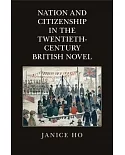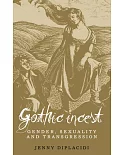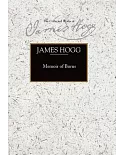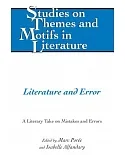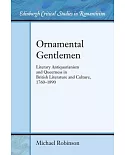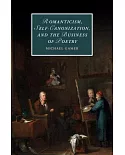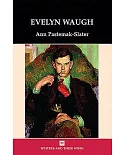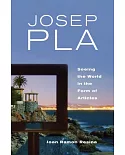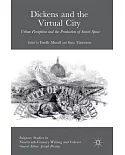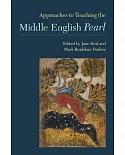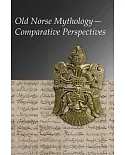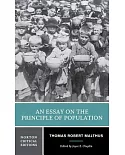In 1972, in an attempt to elevate the stature of the "crime novel," influential crime writer and critic Julian Symons cast numerous Golden Age detective fiction writers into literary perdition
as "Humdrums," condemning their focus on puzzle plots over stylish writing and explorations of character, setting and theme. This volume explores the works of three prominent British
"Humdrums"--Cecil John Charles Street, Freeman Wills Crofts, and Alfred Walter Stewart--revealing their work to be more complex, as puzzles and as social documents, than Symons allowed. By
championing the intrinsic merit of these mystery writers, the study demonstrates that reintegrating the "Humdrums" into mystery genre studies provides a fuller understanding of the Golden Age
of detective fiction and its aftermath.


